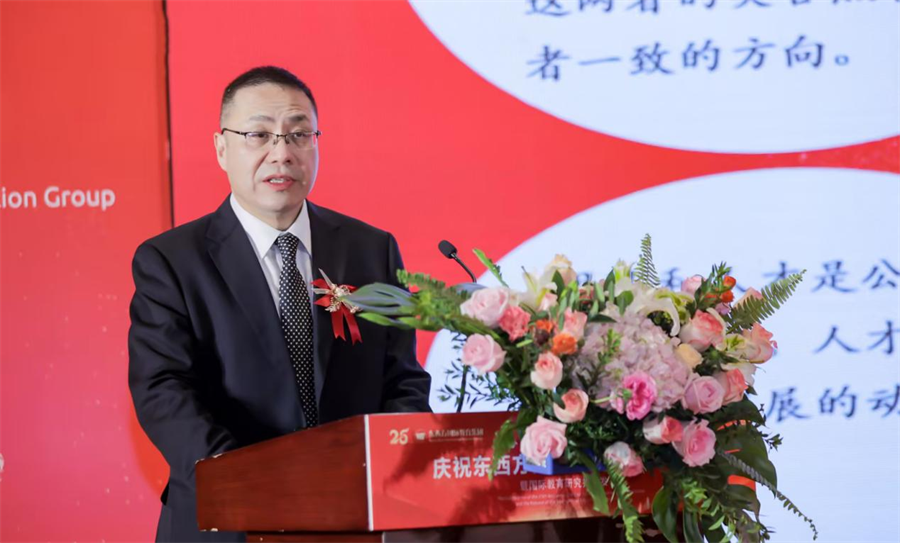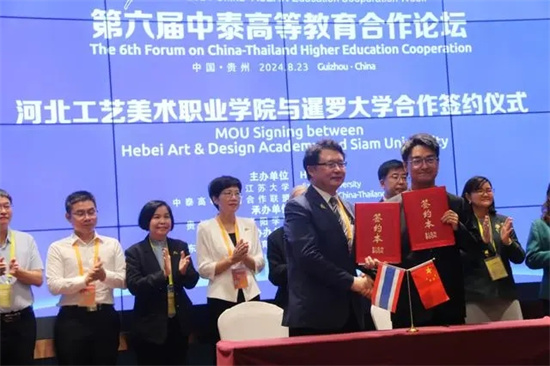On October 30, the Report on Global Competence Education in High Schools and the Analytical Report on the Practices in Global Competence Development for Youth in the New Era – A Case Study on the “Youth Global Competence Development Project” were officially released in Beijing. These reports focus on the cultivation and development of global competence among young students. The release event was held in conjunction with the celebration of the 25th anniversary of East & West International Education Group (EWIE) and gathered over 100 education professionals from across the country.
The Report on Global Competence Education in High Schools, a flagship research project by the Institute for East & West International Education, is based on field studies conducted in over ten high schools across Beijing, Jiangsu, Shanghai, and other regions. The report provides an in-depth analysis of the current implementation of global competence education in Chinese high schools, covering key areas such as educational philosophy, curriculum design, faculty development, student activities, and home-school collaboration. It highlights the importance of integrating global competence education widely and deeply into high school education to broaden students’ international perspectives, foster global understanding, and cultivate globally competent talent. The report emphasizes that this effort is essential for empowering the “generation that views the world with confidence” and accelerating the development of interdisciplinary, international talent in the new era.
The Analytical Report on the Practices in Global Competence Development for Youth in the New Era reviews and evaluates the implementation of the Youth Global Competence Development Project since its launch in 2021. The report examines the program’s design framework, curriculum delivery, and practical activities, offering a comprehensive assessment of its outcomes. It concludes that after nearly three years of continuous effort, the project has achieved significant progress. Notable achievements include supporting the internationalization of higher education, enhancing students’ global awareness and intercultural communication skills, enriching international experiences, and improving students’ career competitiveness. The project has been highly praised by university faculty, students, and education experts alike.

The world is currently undergoing profound and unprecedented changes. With accelerating economic globalization and technological advancement reshaping global dynamics, talent has become a key driver of innovation, economic growth, and social development. As China advances its path toward Chinese modernization and national rejuvenation, building a comparative advantage in international talent development is both a crucial foundation and a strategic imperative for enhancing China’s global competitiveness.
At the event, Dr. WANG Wei, President of the Institute for East & West International Education and Chairman of EWIE, expressed heartfelt gratitude to the experts involved in the research and to the teams behind the reports for their dedication. He stated that the Institute aims to promote pragmatic research, foster global educational collaboration and exchange, and contribute to the integration and mutual learning of Eastern and Western educational philosophies. These efforts are intended to support the modernization of Chinese education and the cultivation of future-ready talent in the new era.
For media coverage and more information, please scan the QR code below:

















